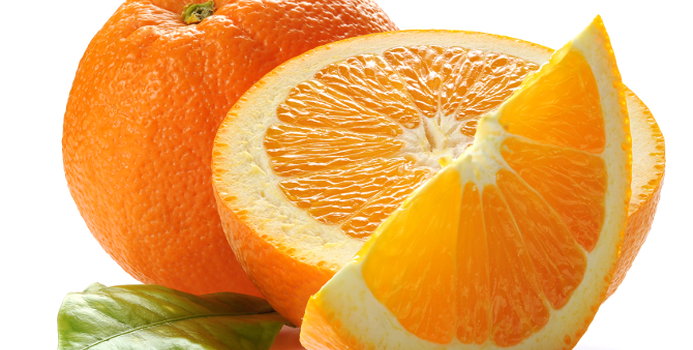It is more than likely that any diet (not professionally geared for the individual) is missing nutrition vitamins that the body needs. Making sure that your diet meets all the requirements, without the use of supplements, is possible. There are common foods readily available that have the vitamins we need to stay healthy, you just have to know where to start.
1. Vitamin C
While most people accredit vitamin C for helping provide a healthy immune system, they don't take into account that it also is important for the production of collagen. This ensures that we have healthy muscles, skin, and other connective tissues. Not to mention that vitamin C is an antioxidant, protecting our cells from breaking down. Men need more vitamin C than women, but in general you should consume about 90 milligrams a day. This can be done easily with a vitamin supplement, but incorporating vitamin C into your diet is simple.
Good sources of vitamin C include (mg per 100g):
- Cabbage 124mg
- Lime 63mg
- Orange 30mg
- Spinach 28mg
2. Vitamin E
Many people dieting have cut out fatty foods, and sometimes these neglected foods are essential sources of vitamin E. Vitamin E is found in nuts, seeds, and oils, and fight off free radicals in our body (caused from exposure to ultraviolet rays, pollution, or cigarette smoke). It's recommended that a person over the age of 19 consume 19mg of vitamin E a day.
Good sources of vitamin E include:
- Wheat germ oil (1tbsp) 20mg
- Almonds (1oz) 7.4mg
- Sunflower seeds (1oz) 6mg
- Grape seed extract(1tbsp) 15mg
3. Calcium
Calcium is important to the development of strong healthy bones. It's important for the maintenance of these bones as well. The fact is we actually need more calcium in our diet as we get older. An adult younger than 50 would need about 1200mg daily, whereas someone over 50 needs 1300mg a day (to ensure the health of our bones).
Good sources of calcium include:
- Dairy (Milk, Cheese, Yogurt)
- Calcium-added foods like orange juice
- Spinach and broccoli
4. Fiber
Fiber is oten known by the general population for keeping us "regular." It should be understood that this nutrient is responsible for more than keeping our bowels on schedule. Fiber rich foods help prevent such conditions as heart disease, type 2 diabetes, and cancer. Fiber needs differ depending on the calorie need of an individual. In general men will need 30-40 grams a day, while women 20-30 grams a day.
Good sources of fiber include:
- All-Bran cereal (½ cup) 9.6g
- Kidney beans (1/2 cup) 5.7 grams
- Spinach (1 cup) 4.3 grams
- Raspberries (1/2 cup) 4 grams
All in all, it can be quite difficult to incorporate all the nutrition vitamins you need into your daily diet. However, this doesn't necessarily mean that you always have to turn to supplements, as there are a number of foods that come ready packed with the essential nutrients you need. So put some careful planning into your diet, create a balanced regime, and focus on some of these main nutrients.



